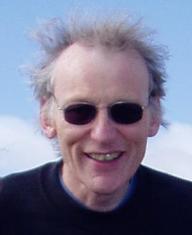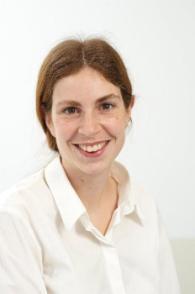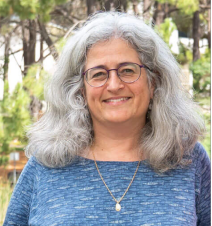Keynote Speakers
Prof David Howard, Newcastle University, United Kingdom

Professor David Howard is a speech and language therapist and cognitive neuropsychologist. He has been a research professor at Newcastle University since 1996. His research is on language processing in people with normal language and those with language disorders, with a particular focus on aphasia and aphasia therapy. He is an author of clinical tests in a variety of languages, has co-authored 10 books and more than 120 papers.
Associate Prof. Deborah Hersh, Edith Cowan University, Australia
Associate Professor Deborah Hersh has 30 years of clinical, research and teaching experience in speech pathology in the UK and Australia, and is a Fellow of Speech Pathology Australia. She is the current Chairperson of the Australian Aphasia Association and an Associate Editor of the International Journal of Speech-Language Pathology. She works in a research and teaching role in Speech Pathology at Edith Cowan University in Western Australia, and coordinates their Honours Programme. She has 100 refereed journal articles and book chapters, and her work is mainly in aphasia rehabilitation, professional client relationships, person-centred practice, qualitative research approaches, and acquired communication disorders in Aboriginal Australians following stroke and brain injury.
Prof. Beth Jefferies, University of York, UK

Beth Jefferies completed an MA in Experimental Psychology at the University of Oxford and a PhD in Neuropsychology at the University of Bristol. She then moved to the University of Manchester in 2003, where she worked as an RCUK Research Fellow investigating disorders of semantic cognition and language following stroke and dementia. During these years, she started to use complementary neuroscientific methods (transcranial magnetic stimulation; functional neuroimaging) to investigate hypotheses about the neural basis of semantic cognition and language that emerged from the ongoing patient studies. In 2007, she moved to the Department of Psychology at the University of York.
Beth currently holds grants from BBSRC, ERC and Stroke Association which employ multiple methods to explore the neural basis of semantic cognition and conceptual-linguistic interactions, including the evolution of cortical processing over time (using magnetoencephalography). A new project is also using electrical stimulation (tDCS) to explore the potential for improved rehabilitation of acquired disorders of semantics and language, building on Beth’s previous work that examined the underlying cause of semantic deficits in different patient groups.
Prof. Brenda Rapp, John Hopkins University, USA
-236x215.jpg)
Words....Even a single word has great power to inform or provoke us. Brenda Rapp's primary research interests lie in furthering our understanding of the cognitive processes and neural substrates that support written and spoken word production and comprehension.
At a cognitive level, this work includes examining questions such: What do we know when we know the spellings of words? To what extent are lexical phonological orthographic, semantic and syntactic processes independent from one another? If they interact, at what level of processing? And, in what manner? Most of this work involves the detailed examination of the language performance of individuals who have suffered neural injury (typically from stroke) that has affected language functions. These cognitive neuropsychological data provide a "window" into the organization and internal structure of lexical processing mechanisms. In this context, I have particular interests in written word production (spelling) and dysgraphia.
At the neural level, Brenda is interested in understanding the neural substrates that support written language production (spelling) and comprehension (reading), as well as in understanding the changes that support new orthographic learning in neurally intact individuals and the recovery of written language function in cases of neural injury. This work contributes to furthering our understanding of neural plasticity and involves using fMRI (functional magnetic resonance imaging).
She is also very interested in the question of how neural data can be used to answer cognitive questions. This research currently involves the application of multi-voxel pattern analysis techniques to fMRI data.
Brenda also carries out research on somatosensory representation/reorganization, spatial frames of reference and the perception of second language phonology.


